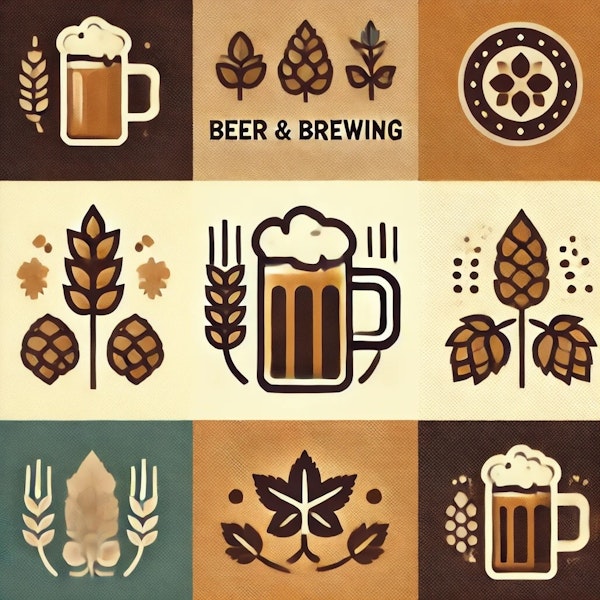
This recipe takes everything you love about the Altbier and turns up the volume, and while that's not really something you need every day it certainly makes for a great change of pace!
An interesting style that is semi-hard to find commercially… this sounds like just the kind of beer that homebrewers should be lining up to make!
This can be a great session lager to help you recruit your macro-drinking friends into the world of craft/homebrewed beer, and for your own purposes it's a nice tap to have on when you're looking for lighter flavors with a bit more character behind them.
Start working this one into your autumn or late-winter lineup (I like it as a “welcome to spring” beer), and I think you’ll find yourself with a new favorite sessionable lager.
When it comes to adding sugar to your beer there are pitfalls to avoid, and lots of wonderful, complex flavors to gain.
Pre-Prohibition Porter is described in the guidelines as being like a less-hoppy American Porter and a less-caramelly English Porter.
A classic Flanders Red Ale is a riot of flavors, from rich fruity notes of black currant and plum and berries, to bright acidity and dark funk, and even a raw-grain-and-biscuit malt background
Kellerbier is functionally similar to British pale ales in that it was/is often cask-conditioned and served young and unfiltered, often with very low carbonation.
Wheatwine is a higher-alcohol beer with a significant contribution of flavor and texture from malted wheat. It also allows for “mild” hops character, and we’ll pair some classic American citrus and Continental floral notes.
From a style perspective, though, it can be tough to differentiate because it bears some superficial and structural similarities to Belgian Tripel.